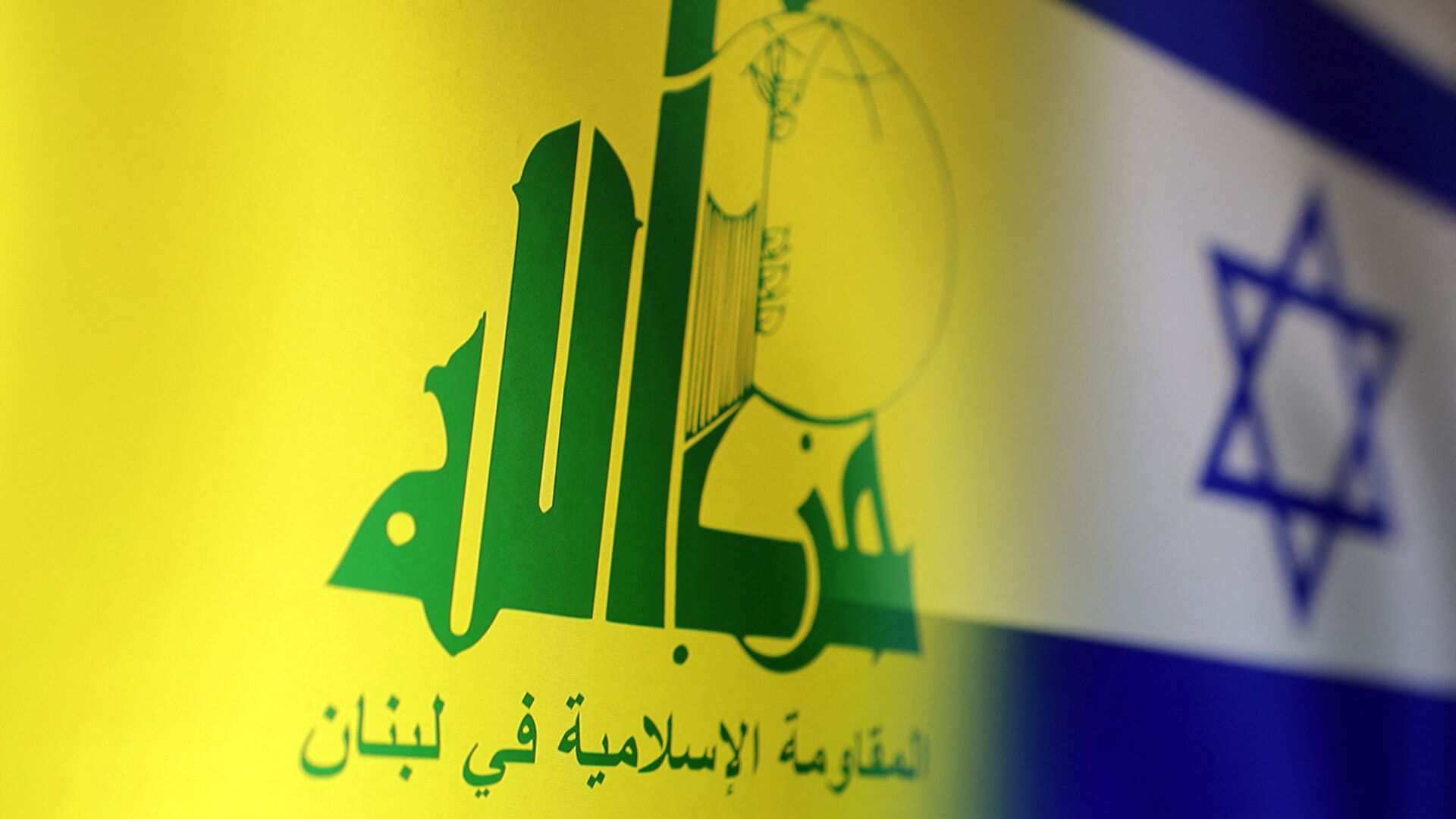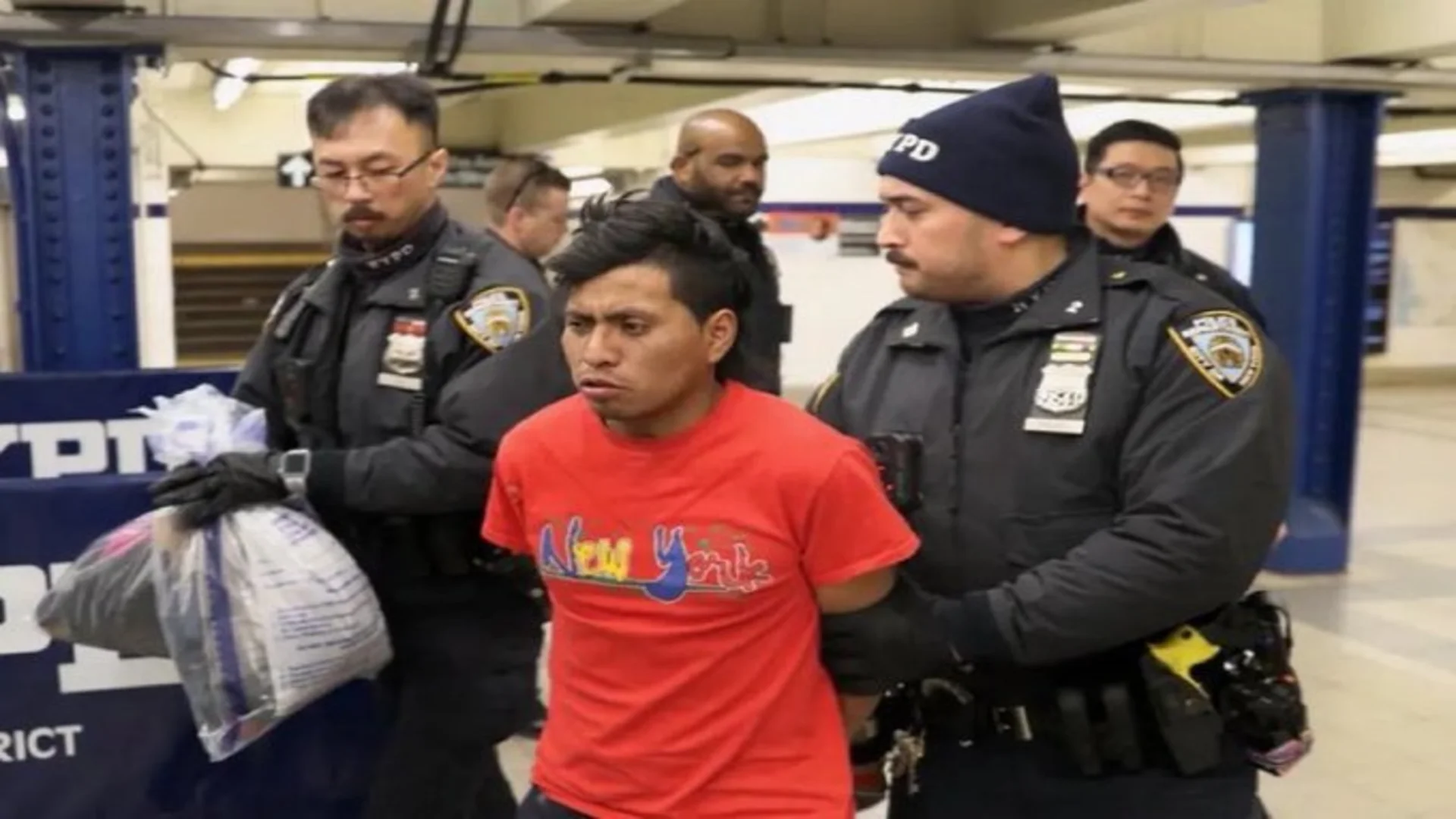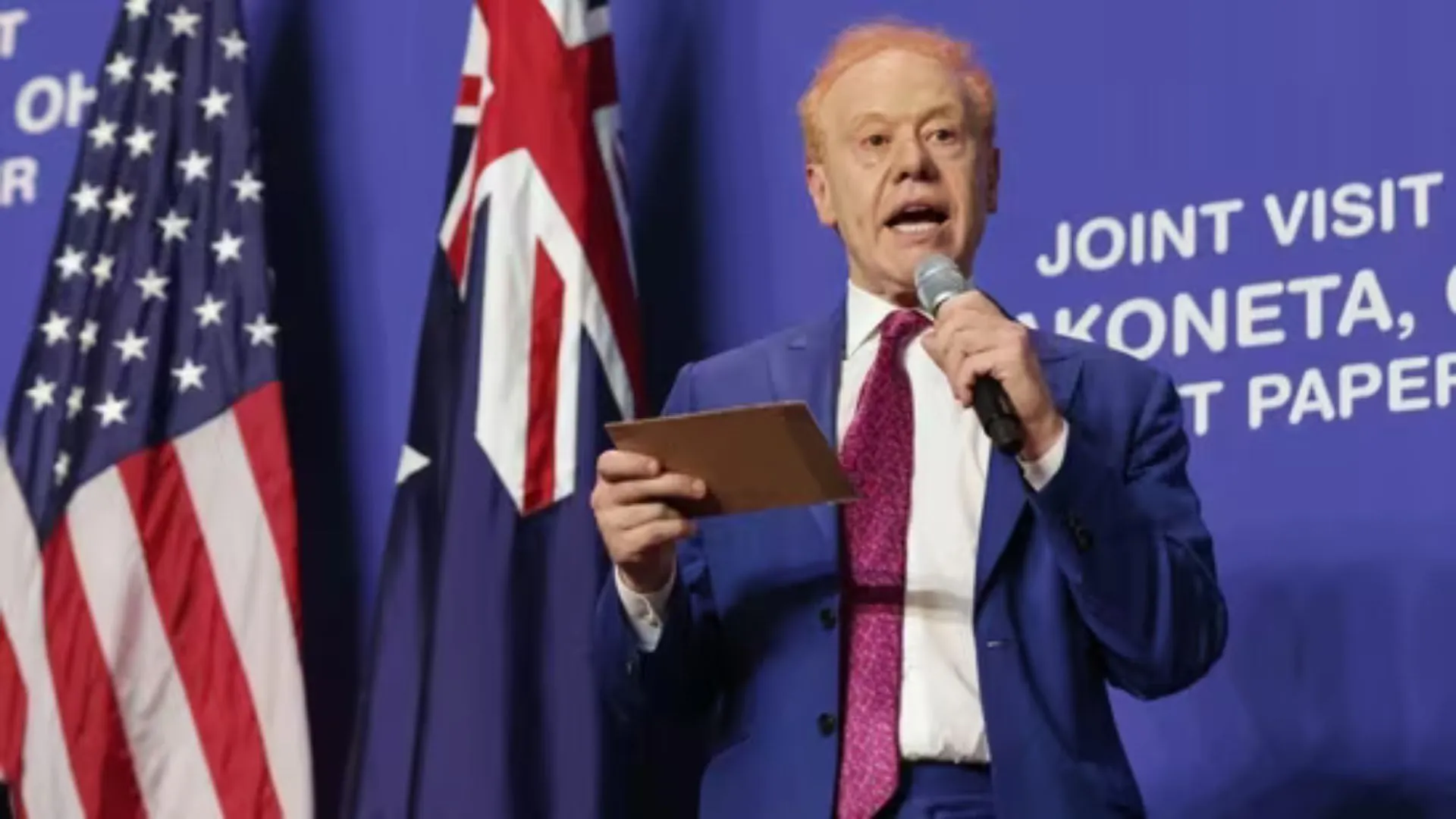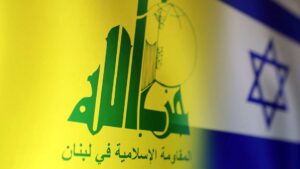Recent back-to-back assassinations of two senior commanders of Hamas and Hezbollah on July 30-31 have intensified fears that archenemies Israel and Lebanon, engaged in conflict since the October 7 attack in Gaza, are on the brink of an all-out war.
Recent Attacks and Retaliations
On Saturday, Hezbollah launched dozens of rockets on Moshav Beit Hillel in Israel, injuring civilians, as reported by The Times of Israel. This was a retaliatory attack for Israel’s strikes on Kfar Kela and Deir Siriane in Lebanon. Fuad Shukr, a top Hezbollah commander, was killed in Beirut in an Israeli airstrike on July 30, with Israel accusing him of orchestrating a rocket attack on the Golan Heights that killed 12 people. On July 31, Ismail Haniyeh, head of Hamas’ political bureau, was killed in Tehran during an Israeli operation. Additionally, Mohammed Deif, the Hamas commander behind the October 7 attacks, was reportedly killed in an Israeli strike in Gaza on July 13.
How Dangerous Is the Situation?
Cross-border firing has become routine between the Israel Defence Forces (IDF) and Hezbollah along the Israel-Lebanon border since the October 7 attacks. Over 400 people have been killed in Lebanon and 30 in Israel, with an estimated 150,000 displaced on both sides. Although Hezbollah and Israel have been in a low-level conflict since Hezbollah’s formation in 1982, recent events have exacerbated the situation. Residents in northern Israel and southern Lebanon live in fear of attacks, with many civilians forced to leave their homes. Hezbollah’s sophisticated arsenal, supplied by Iran and Russia, includes over a million rockets, anti-tank weapons, suicide drones, and various missiles. Israel, with one of the world’s best-equipped armies, has warned that any all-out war would see more intense military actions than in 2006.
Israel Vs Hezbollah’s Weaponry System
Israel boasts a formidable arsenal, including US made F35 fighter jets, advanced air defenses, and a well-developed domestic arms industry. Since the October 7 attack, Washington has provided at least $12.5 billion in military aid. Israel is also the only Middle Eastern country with nuclear power, which it does not officially acknowledge. Conversely, Hezbollah is a powerful force with 20,000 to 40,000 fighters and an estimated 120,000 to 200,000 projectiles. The group has increasingly sophisticated weaponry, including precision-guided missiles and armed drones, and claims to have 100,000 fighters.
What Will Iran Do?
Iran’s supreme leader, Ayatollah Ali Khamenei, has stated that Israel “must be punished” for actions he equates to an attack on Iranian soil. Iran could launch missile or drone strikes against Israeli military sites, significantly raising the stakes and drawing regional and international responses. Alternatively, Iran might escalate its indirect conflict against Israel by mobilizing its network of allied militant groups, including Hezbollah, militias in Syria, and the Houthi rebels in Yemen.
International Pressure and Responses
Israeli Prime Minister Benjamin Netanyahu has labeled Iran an existential threat to Israel, a view supported by successive US administrations. However, this support is waning due to growing global dismay at Israel’s operations in Gaza. While Israeli officials assert, they can operate independently, international bodies are increasingly critical of the Gaza conflict. The International Court of Justice (ICJ) in July called for Israel to cease settlement activity in the occupied West Bank and East Jerusalem and end its “illegal” occupation of these areas and the Gaza Strip. The ICJ’s findings will be presented to the UN General Assembly, which will decide on possible resolutions.














